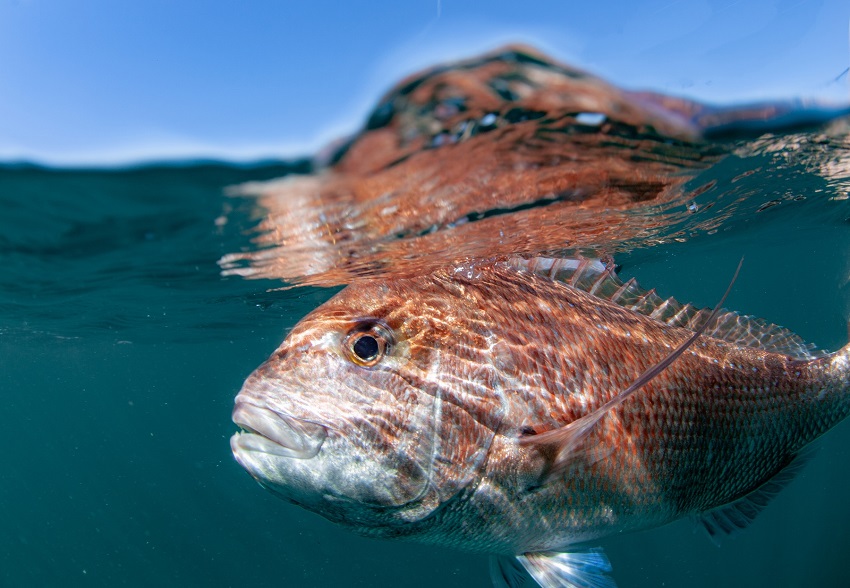
The latest scientific stock assessment of pink snapper and dhufish stocks from Kalbarri to Augusta has found the West Coast Demersal Scalefish Resource is not recovering fast enough to safeguard the sustainability of these prized fish.
Department of Primary Industries and Regional Development (DPRID) principal fisheries management officer Clinton Syers said the latest stock assessment showed the recovery rate of scalefish stocks was slower than anticipated in the 20-year recovery plan.
DPIRD fisheries scientists have completed three major stock assessments focussing on pink snapper and dhufish since 2010 to monitor stock recovery.
This followed a period of overfishing that resulted in recreational and commercial catches being reduced by 50 per cent in 2010 as part of a 20-year recovery plan.
Current management arrangements have successfully halted the decline in dhufish and pink snapper stock but there has been limited recovery of these species.
Mr Syers said the sustainable management of the West Coast Demersal Scalefish Resource was based on world class fisheries science and research.
“Pink snapper and dhufish are used to indicate the health of the entire scalefish resource, which is comprised of more than 100 species of fish,” he said.
“We are now more than half-way through the recovery plan period and have been carrying out science assessments to measure the rate of recovery of the resource under the current management measures.
“The demersal scalefish resource is not recovering as quickly as necessary to ensure the long-term sustainability of these important fish species.
“Pink snapper and dhufish can live up to 40 years and our latest stock assessment shows a continued lack of older fish in the population required for the resource to recover.
“This is due to only having a few successful breeding years since 2010 to replenish populations combined with increased fishing pressure resulting in less of these fish surviving long enough to add to the breeding stock and support stock recovery.”
Mr Syers said WA’s commercial and recreational fishers highly valued the resource and are abiding by the current rules and also donating fish frames for aging purposes as part of the science assessment.
“The stock assessment makes it clear that changes to management arrangements are required to get the recovery of demersal scalefish to sustainable levels back on track,” Mr Syers said.
“It is vitally important we continue to work together to enable the demersal scalefish stock to replenish to sustainable levels or risk further depletion of the fishery in the future.”
In July this year, DPIRD released the West Coast Demersal Scalefish Resource Harvest Strategy, developed by representatives from the Department, Recfishwest, Marine Tourism WA, WA Fishing Industry Council and commercial and recreational fishers.
The strategy outlines the agreed objectives, milestones, timeframes and control rules to ensure the recovery of the West Coast Demersal Scalefish Resource.
A Reference Group comprising government and peak industry body representatives will meet and review the latest stock assessment against the recovery targets within the Harvest Strategy and provide advice on appropriate management responses for further consultation.
More information on the stock assessment is available from the department’s website.
Photo caption: Pink snapper are one of the species used to indicate the health of the West Coast Demersal Scalefish Resource through the latest scientific stock assessment.
Media contact:
Katrina Bowers/Megan Broad, media liaison +61 (0)8 9368 3989


